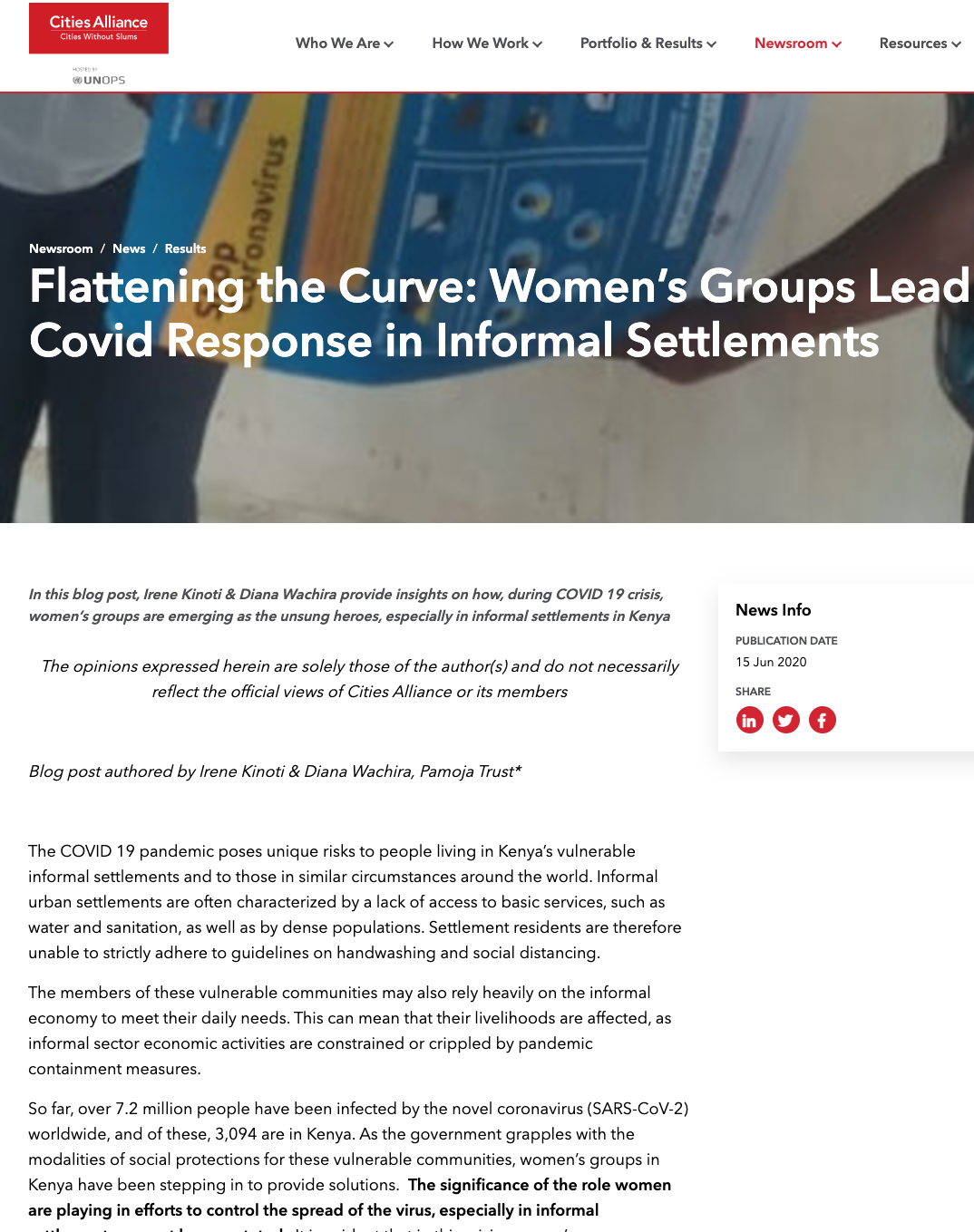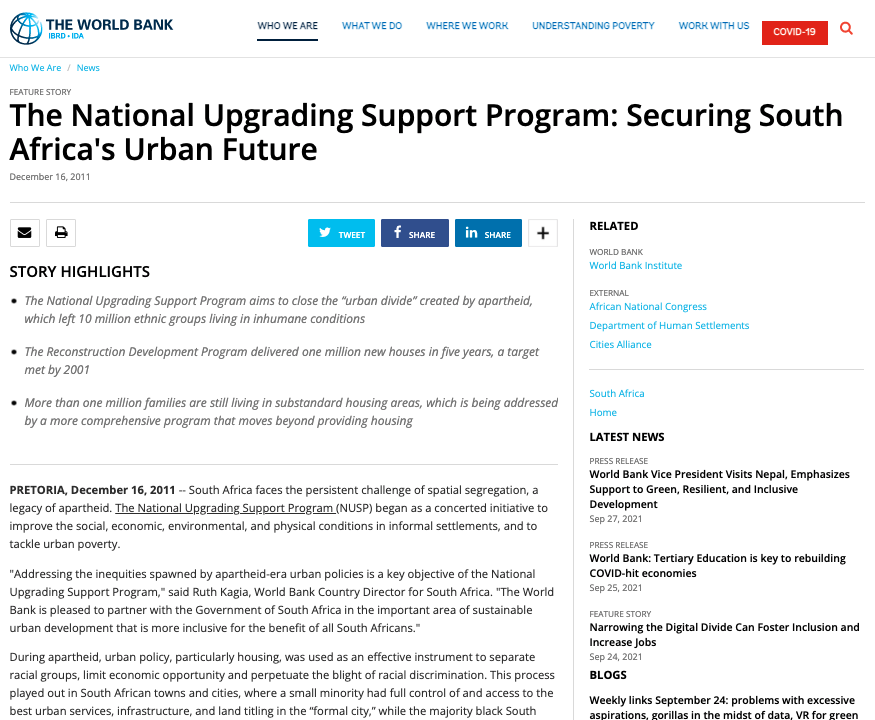- Who We Are
- How We Work
- Regional / Country Initiatives
- Legacy
- Core Themes
- Working Groups
- Portfolio & Results
- Newsroom
- Resources
Pioneering Census of Urban Refugees in Uganda
The need to enumerate refugees in cities: AVSI's experience in Uganda

The Cities and Migration Programme pioneered a collaboration between the local government and the Central Bureau of Statistics to enumerate urban refugees. Arua Municipality estimates that self-settled refugees make up 24% of its total population. These migrants are not accurately documented by municipal authorities, and they are not included in the census.
This situation makes it very difficult for the city to adequately plan for all its residents at the municipal level and is straining Arua’s ability to provide services to its host communities. With accurate data, Arua can approach the central government for additional fiscal transfers to provide more adequate social services and opportunities for both migrants and host communities.
Almost all of the 13,000 targeted households were enumerated in 2020; 30 enumerators went door-to-door to collect data using tablets and transmitted the statistics directly to the online Uganda Bureau of Statistics (UBOS) information system. If urban refugees were properly accounted for, the municipalities in which they reside such as Arua could receive more resources from the central government to support their populations, including refugees. The amount of emergency support provided, such as food rations, could then reflect the actual number of those in need. Stronger health-care systems designed for the real number of inhabitants of municipalities, rather than just their citizens, could be created. And in turn the health and well-being of both urban refugees and Ugandans could be improved. The current pandemic highlights the need for the inclusion of urban refugees in censuses and government planning and should be a wake-up call to international NGOs to address the extreme vulnerability of those urban refugees so often deemed “self-reliant.”
“We need to have planned migration, not unplanned migration. Planned migration will make us organise ourselves and make sure host and migrant communities benefit from it. We are talking about refugees because normally they are not captured in our budgets, which limits the services we can provide to the refugees and the host communities ... A lot is being done for refugees in districts but not for those in cities. We need a deliberate effort to ensure that urban refugees are captured in our programmes.”
Mr. Isa Kato, Mayor of Arua
You can read the whole article here.


